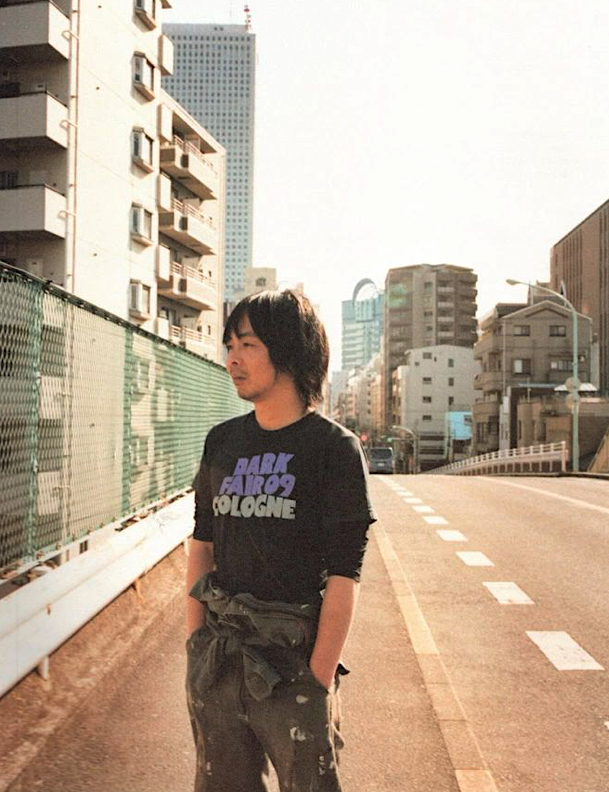News
Kazuyuki Takezaki, 1976–2024

*Updated June 26.

On June 22, contemporary Japanese artist Kazuyuki Takezaki died of a heart attack at the age of 48. His representative gallery in Tokyo, Misako & Rosen, announced his death on June 24.
Before he was a fulltime artist, Takezaki was one of the cofounders with Atsuko Ninagawa of the influential Tokyo gallery, Take Ninagawa, which they established to support a new generation of Japanese artists and to bring energy to the art scene. Takezaki left the gallery in 2009 to concentrate on his artistic practice. Previously he had worked for Ota Fine Arts from 2004 to 2007. He had recently concluded an exhibition of new landscape paintings, “Before Spring,” at 47 Canal gallery in New York.
Takezaki, a native of the city of Kōchi on Shikoku Island, pursued his undergraduate studies at the Faculty of Education at Kōchi University. Upon earning his degree in 1999, Takezaki moved to Tokyo to pursue his artistic aspirations. He returned to Kōchi and before then relocating to Marugame, in Kagawa Prefecture, situated near the Seto Inland Sea.
Takezaki’s thematic interest lay in the portrayal of minimalist landscapes and serene snapshots of domestic life, employing an abstract visual language to capture passing glimpses of an idyllic, fleeting domesticity. Art historian Mari Tsukamoto explained that his works “are not to be read intellectually but to be experienced sensuously. It aspires to lightness rather than heaviness, sensations rather than theories, oscillations rather than quiescence.” His depictions of flowers, vegetation, mountainous landscapes, and waterways frequently exhibit a sketch-like quality, characterized by swift yet deliberate brushstrokes of earthy browns, moss greens, tranquil blues, and autumnal yellows, to encapsulate the calming essence and beauty of natural forms.
While painting was Takezaki’s medium of choice, he occasionally incorporated installation art as an extension of the domestic scenery he presented, constructing inhabitable spaces to transform memories of landscapes into tangible reality. In his 2008 exhibition “BIO TOPOS” at Misako & Rosen, visitors were greeted by an assortment of familiar household components including floral carpets, coffee tables, retro cassette players, and indoor foliage, mirroring the comfortable domesticity that his paintings vividly portray.
In his most recent series, titled Board/Table (2020–24), Takezaki breathed new life into traditional approaches to landscape painting by audaciously challenging its static methodology. Takezaki placed a roughly-cut canvas on a wooden panel, which he freely re-oriented and rotated as he painted. By deliberately blurring all directional boundaries, he found harmony with the dynamic pulse and flow of his scenic depictions. His imaginative experimentation underscored a profound fascination with innovative reinterpretations of landscape memories, driven by an aspiration to broaden their expressive potential.
As of 2023, Takezaki had presented his work in nine solo exhibitions and participated in numerous group shows both home and abroad, and his works are featured in the public collections of The National Museum of Art in Osaka, and the Vangi Sculpture Garden Museum in Shizuoka, Japan.
Mioie Kwok is an editorial intern at ArtAsiaPacific.







